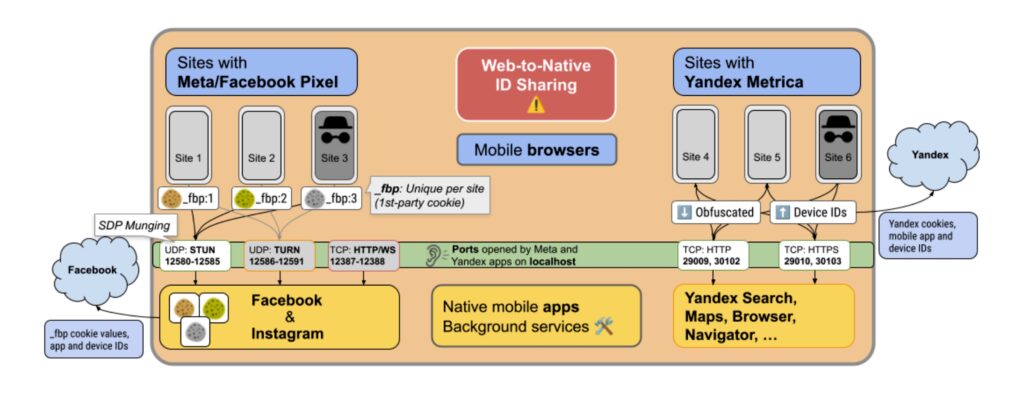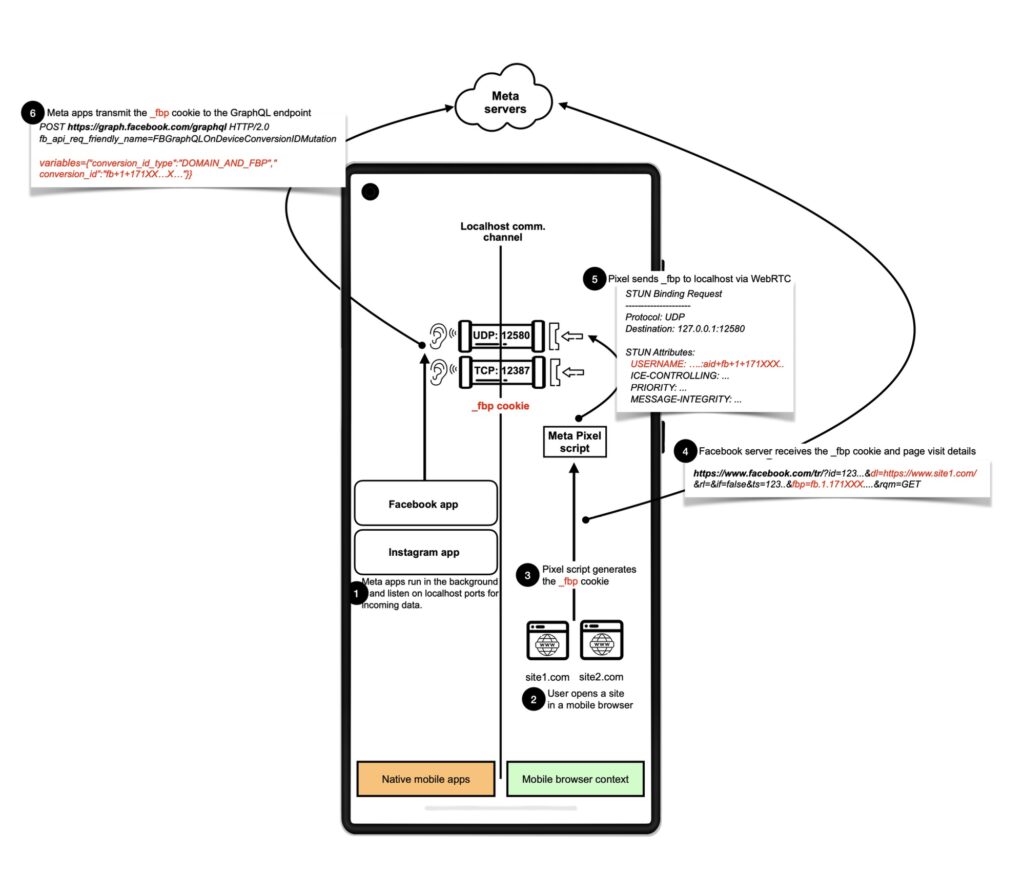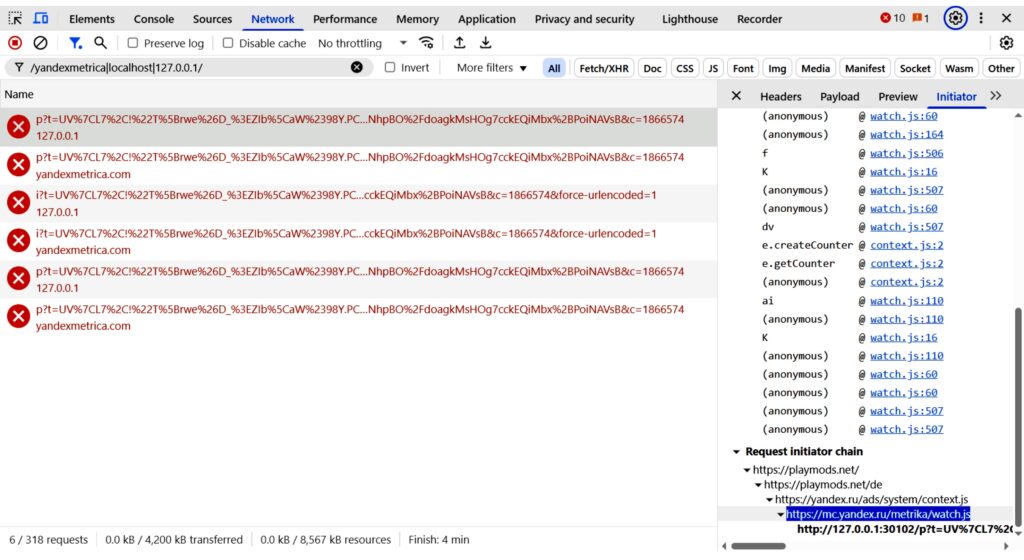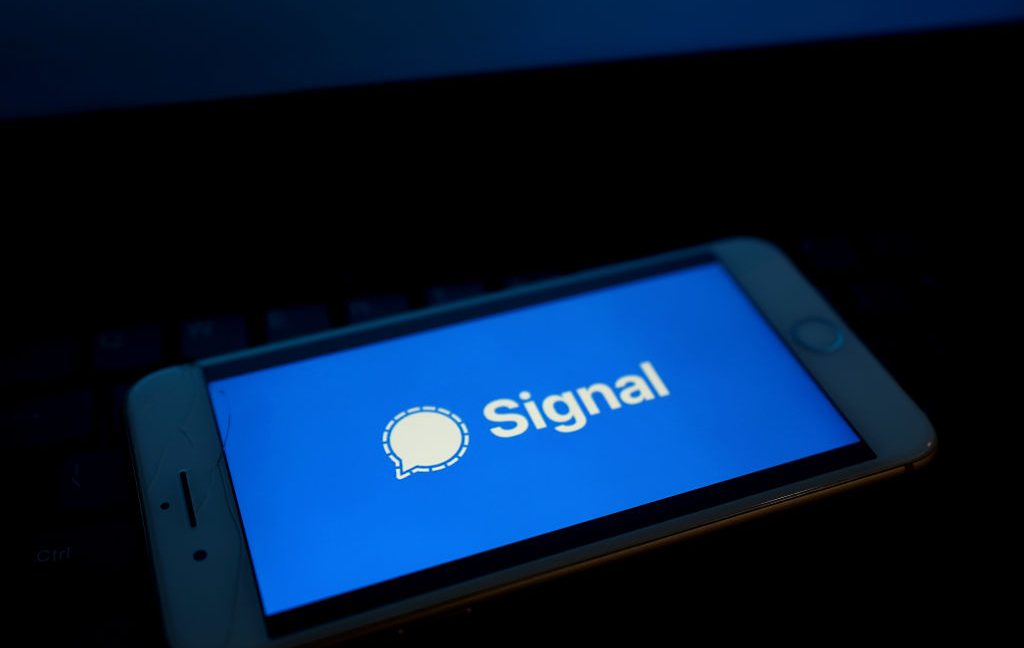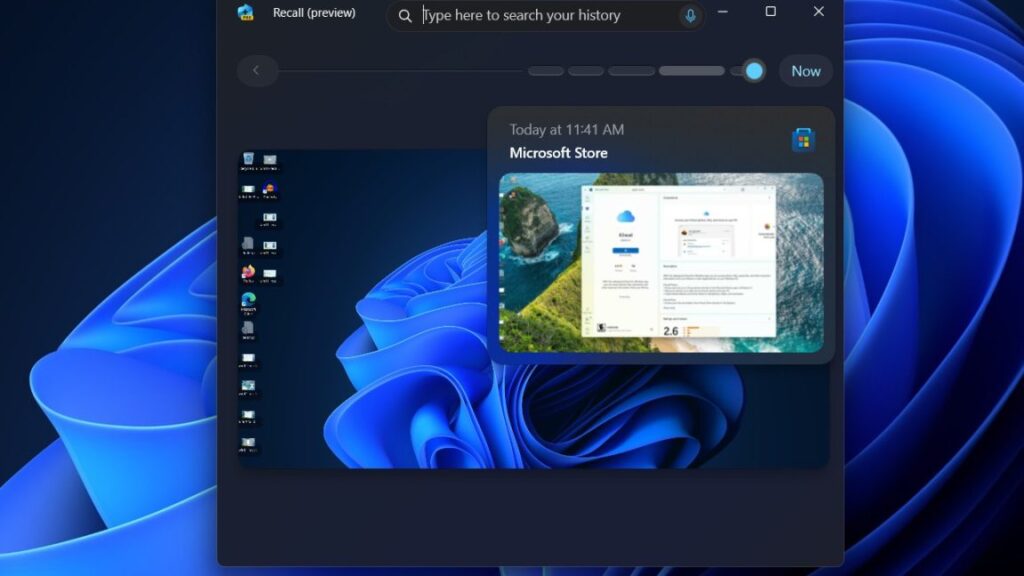Google releases VaultGemma, its first privacy-preserving LLM
The companies seeking to build larger AI models have been increasingly stymied by a lack of high-quality training data. As tech firms scour the web for more data to feed their models, they could increasingly rely on potentially sensitive user data. A team at Google Research is exploring new techniques to make the resulting large language models (LLMs) less likely to “memorize” any of that content.
LLMs have non-deterministic outputs, meaning you can’t exactly predict what they’ll say. While the output varies even for identical inputs, models do sometimes regurgitate something from their training data—if trained with personal data, the output could be a violation of user privacy. In the event copyrighted data makes it into training data (either accidentally or on purpose), its appearance in outputs can cause a different kind of headache for devs. Differential privacy can prevent such memorization by introducing calibrated noise during the training phase.
Adding differential privacy to a model comes with drawbacks in terms of accuracy and compute requirements. No one has bothered to figure out the degree to which that alters the scaling laws of AI models until now. The team worked from the assumption that model performance would be primarily affected by the noise-batch ratio, which compares the volume of randomized noise to the size of the original training data.
By running experiments with varying model sizes and noise-batch ratios, the team established a basic understanding of differential privacy scaling laws, which is a balance between the compute budget, privacy budget, and data budget. In short, more noise leads to lower-quality outputs unless offset with a higher compute budget (FLOPs) or data budget (tokens). The paper details the scaling laws for private LLMs, which could help developers find an ideal noise-batch ratio to make a model more private.
Google releases VaultGemma, its first privacy-preserving LLM Read More »







